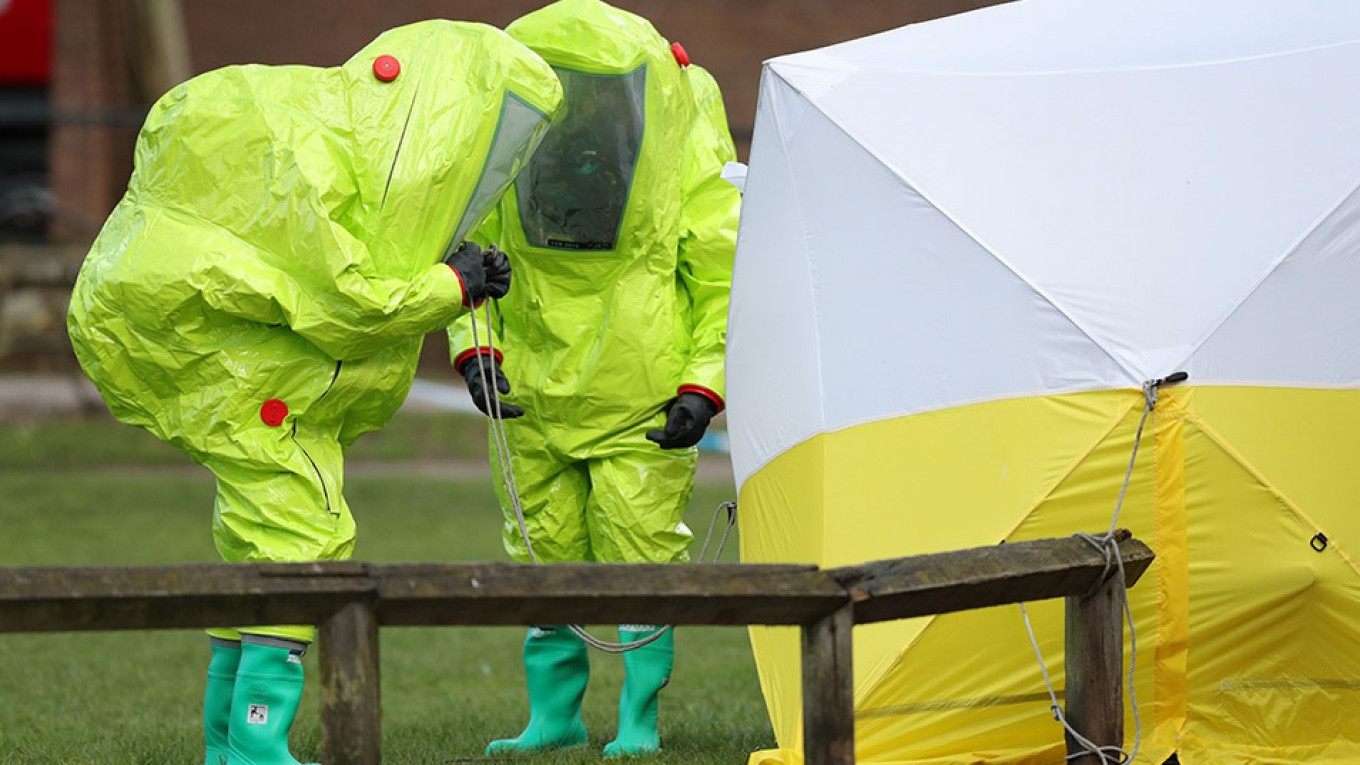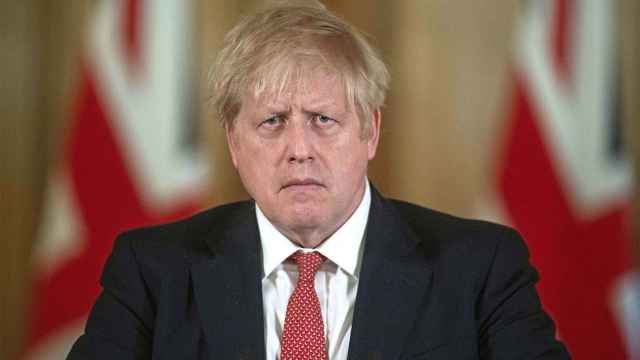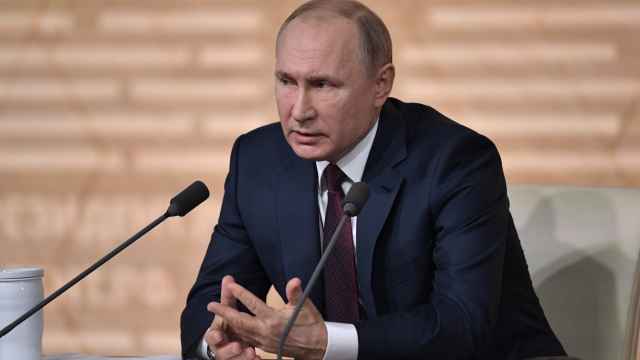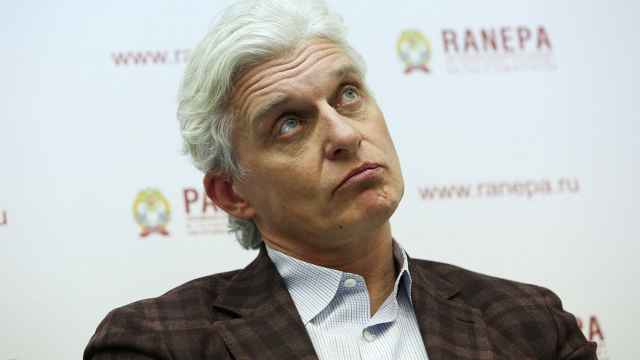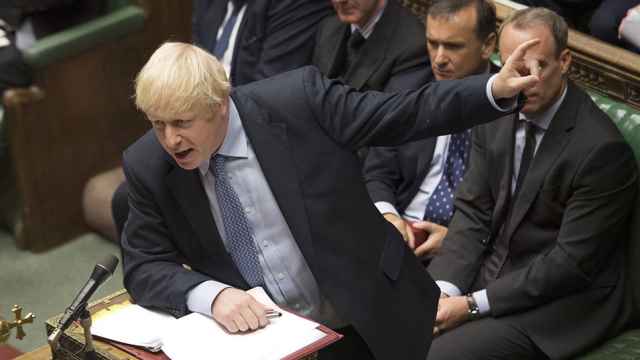A British police officer poisoned in the Novichok nerve agent attack on a former Russian spy is suing the force he worked for at the time, his lawyers said on Wednesday.
Detective Sergeant Nick Bailey, who left the police in October last year, became critically ill following the Novichok poisoning attack on ex-spy Sergei Skripal and his daughter Yulia in 2018.
The former police officer was the first person to enter the pair's home in Salisbury, southwest England, in the wake of the attack, which Britain said was approved by the Kremlin and sparked a diplomatic standoff between Moscow and London.
Bailey's lawyers said they had filed an "accidents at work claim" against Kier Pritchard, chief constable of the police force in the southwest county of Wiltshire, earlier this month.
"Our client experienced a trauma which had a devastating effect on his family and forced him to leave the job he loved after more than 18 years of loyal service," the former police sergeant's lawyer Patrick Maguire said,
"We hope to come to a resolution very soon with Wiltshire Police so that Mr Bailey and his family can continue the process of healing and move forwards with their lives," he added.
Despite making repeated attempts to return to police work, Bailey said he ultimately had to give up the job because he "couldn't deal with being in a police environment".
His wife Sarah tweeted in December he had been left "fighting for part of his pension" after leaving the force.
Russia has consistently denied involvement in the failed 2018 assassination attempt on the Skripals which claimed the life of Dawn Sturgess, who died in hospital in Salisbury after coming into contact with the nerve agent.
Two Russian nationals, known by the aliases Alexander Petrov and Ruslan Boshirov, have been accused of travelling to Britain to carry out the attack.
The pair, who have been identified as Russian military intelligence officers, are also suspected of involvement in a 2014 explosion in the Czech Republic.
A Message from The Moscow Times:
Dear readers,
We are facing unprecedented challenges. Russia's Prosecutor General's Office has designated The Moscow Times as an "undesirable" organization, criminalizing our work and putting our staff at risk of prosecution. This follows our earlier unjust labeling as a "foreign agent."
These actions are direct attempts to silence independent journalism in Russia. The authorities claim our work "discredits the decisions of the Russian leadership." We see things differently: we strive to provide accurate, unbiased reporting on Russia.
We, the journalists of The Moscow Times, refuse to be silenced. But to continue our work, we need your help.
Your support, no matter how small, makes a world of difference. If you can, please support us monthly starting from just $2. It's quick to set up, and every contribution makes a significant impact.
By supporting The Moscow Times, you're defending open, independent journalism in the face of repression. Thank you for standing with us.
Remind me later.


